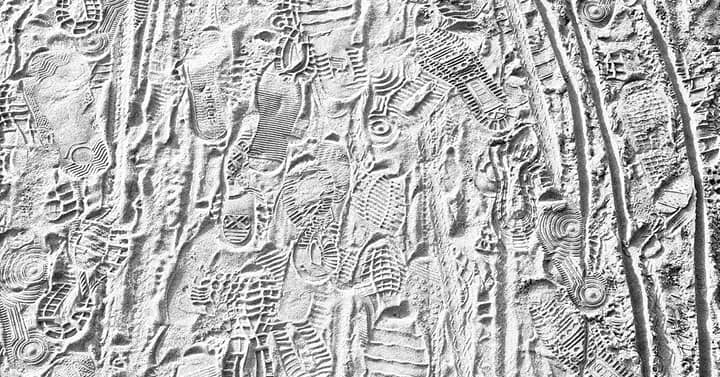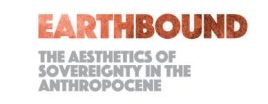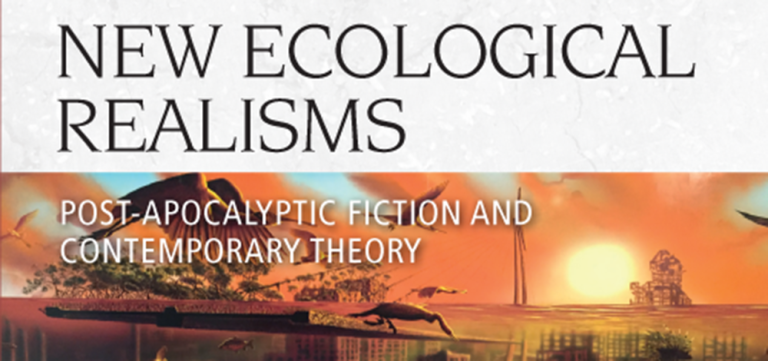
-
Common Sense: Between Democratic Promise and Political Peril
Read more: Common Sense: Between Democratic Promise and Political PerilThomas Telios considers common sense as a contested and performative concept shaping democratic discourse and political exclusion.




